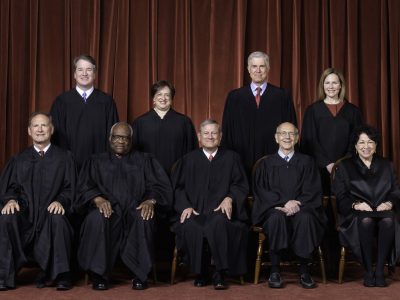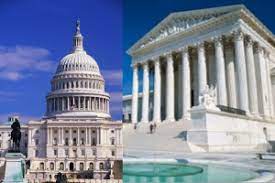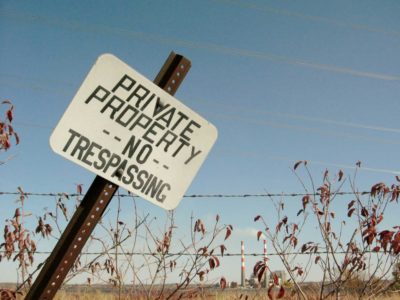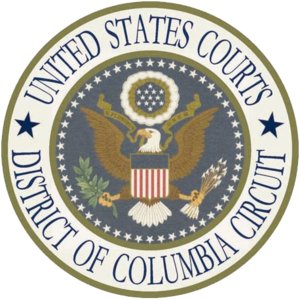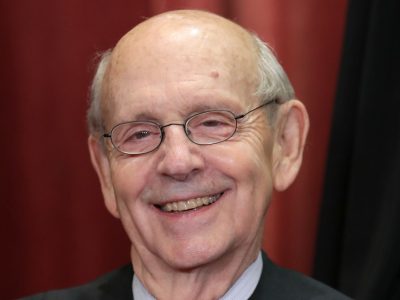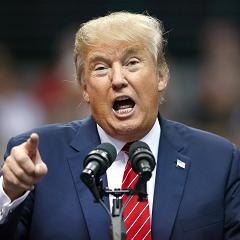Supreme Court
2022: The Year Ahead
Here are the five biggest things to watch for.
There will be a lot going on this year in the environmental sphere. I wanted to focus on a few big things to keep an eye on, rather than trying to give a long, comprehensive survey. Here are the five biggest things to watch for: Midterm elections. As of now, things are looking very good …
Continue reading “2022: The Year Ahead”
CONTINUE READINGMajor Questions About the Major Questions Doctrine
You may not have heard of this doctrine but it’s a big threat to innovative regulations.
Unless you’re deeply immersed in administrative law, you may not have heard of the major questions doctrine. It’s a legal theory that conservative judges have used with increasing rigor to block important regulatory initiatives. The doctrine places special obstacles on agency regulations of issues of “major economic and political significance.” In its initial outing, the …
Continue reading “Major Questions About the Major Questions Doctrine”
CONTINUE READINGA Bad Week for Biden, and for Climate Action
First House progressives, and next conservative Justices, poked a stick in the spokes.
President Biden hoped to go to the international climate summit in Glasgow with momentum behind him. He wanted to reestablish US credibility with concrete progress on climate change. Instead, the ability of the US to take action on climate change is shrouded in doubt. Biden suffered an embarrassing defeat at the hands of members of …
Continue reading “A Bad Week for Biden, and for Climate Action”
CONTINUE READINGEnvironmentalism and the Supreme Court
Some cases belong to the environmentalist legal canon, others to an anti-canon of reviled precedents.
Every field has its texts that form part of its intellectual canon, and others that form a kind of anti-canon of rejected ideas. The same is true in environmental law. The issue goes beyond which side wins. From the pro-environmental side of things, some Supreme Court rulings form guideposts to rely on, whereas others represent …
Continue reading “Environmentalism and the Supreme Court”
CONTINUE READINGThe Illusions of Takings Law
Nothing is as it seems, when the issue is whether a regulation is a “taking” of property.
For the last century, the Supreme Court has tried to operationalize the idea that a government regulation can be so burdensome that it amounts to a seizure of property. In the process, it has created a house of mirrors, a maze in which nothing is as it seems. Rules that appear crisp and clear turn …
Continue reading “The Illusions of Takings Law”
CONTINUE READINGThe Nondelegation Doctrine and Its Threat to Environmental Law
Here’s what the doctrine means and why it has suddenly become so significant.
If you ask Supreme Court experts what keeps them up at night, the answer is likely to be the non-delegation doctrine. If you are among the 99.9% of Americans who’ve never heard of it, here’s an explainer of the doctrine and what the 6-3 Court might do with it. What’s the nondelegation doctrine? Simply put, …
Continue reading “The Nondelegation Doctrine and Its Threat to Environmental Law”
CONTINUE READINGLiberal Judges Embrace Textualism
Why are these judges suddenly so enthusiastic about Justice Scalia’s approach to reading statutes?
Two of Trump’s major regulatory efforts were recently thrown out by the D.C. Circuit. The liberal judges who wrote the opinions latched onto a conservative theory called textualism, which was most prominently advocated by Justice Antonin Scalia. While judges in an earlier era tried to interpret Congress’s intent in writing a law, textualists focus solely …
Continue reading “Liberal Judges Embrace Textualism”
CONTINUE READINGJustice Breyer’s Nuanced Voice for the Environment
Not much for rhetoric, but a reliable vote for environmental protection.
Given Justice Breyer’s announced retirement, it seems like a good time to assess his contribution to environmental law. When Bill Clinton nominated him for the Supreme Court, there was a great deal of uneasiness among environmentalists about Justice Breyer. As an academic, he had sounded a cautious note about government regulation, calling for more deliberation …
Continue reading “Justice Breyer’s Nuanced Voice for the Environment”
CONTINUE READINGWhat Could Trump Do with Four More Years?
He’s already rolled back almost everything Obama did. What next?
Given that Trump has rolled back nearly all of Obama’s regulatory efforts, what further harm could he do? Quite a bit as it turns out. If you agree with him that regulation achieves nothing and only stands in the way of prosperity, that should make you very happy. To begin with, Trump can do more …
Continue reading “What Could Trump Do with Four More Years?”
CONTINUE READINGTaming Textualism: A Guide for Environmental Lawyers
How to Argue Cases to Conservative Judges
Textualism is the dominant method of interpreting statutes among conservative judges. It purports to base interpretation on the “ordinary meaning” of the statutory language. This approach ignores traditional tools of statutory interpretation like considering what was actually said in Congress. Ignoring what Congress actually intended seems odd to me. Still, lawyers have to make arguments …
Continue reading “Taming Textualism: A Guide for Environmental Lawyers”
CONTINUE READING




